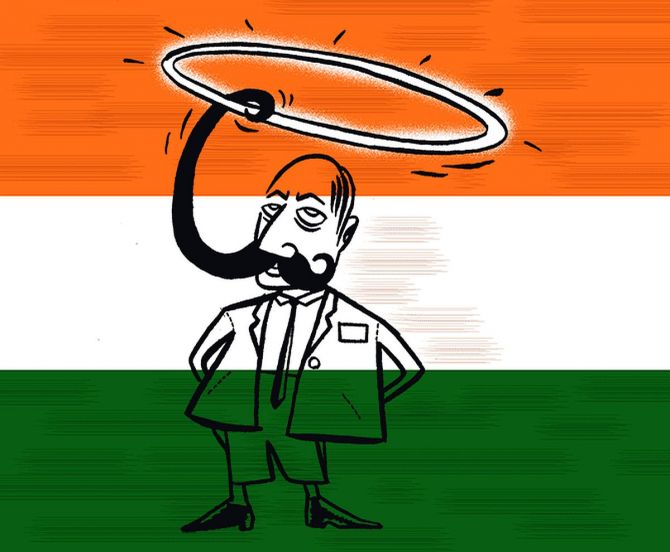India Inc’s cash pile was up 13.8 per cent last fiscal year, thanks to a combination of higher profits in sectors such as IT and fund raising by top companies such a Reliance Industries, Bharti Airtel and Tata Motors, among others.

After Bajaj Auto introduced a new dividend policy, analysts expect more cash-rich companies to either step up dividend payout or share buyback, given the growing cash pile of India Inc.
The country’s top listed companies, excluding banks, non-banking financial companies (NBFCs) and insurance firms, were sitting on cash and equivalent worth Rs 11.2 trillion.
This is equivalent to nearly 30 per cent of their net worth at the end of FY20.
On Thursday, Bajaj Auto said it will now distribute up to 90 per cent of its annual profits as equity dividend to shareholders.
The company’s new payout ratio is nearly double the ratio in recent years, resulting in a sharp rise in dividend income for its shareholders in FY21.
Last fiscal year, the company distributed a total equity dividend worth Rs 3,472 crore, equivalent to nearly two-thirds of its net profits during the year.
The company was the 10th biggest dividend payer in FY20.
In the last three years, the motorcycles & three-wheeler maker distributed around 47 per cent of its profits as equity dividend.
The automaker reported a net profit of Rs 3,301 crore during the first nine months of FY21, down 14.4 per cent year-on-year (YoY).
A step up in dividend payout by Bajaj Auto is in response to its steadily growing cash pile that the company believes is more than adequate and it doesn’t need to accumulate any further.
“We have got a large surplus of funds with us – close to nearly Rs 16,000 crore that is more than enough to meet most exigencies. We are also consistently generating annual profits of nearly Rs 5,000 crore,” said Rakesh Sharma, executive director, Bajaj Auto.
Even the company’s second Chakan plant — that will manufacture high-end bikes — will not have a capex requirement of more than Rs 600-700 crore, he added.
India Inc’s cash pile was up 13.8 per cent last fiscal year, thanks to a combination of higher profits in sectors such as IT and fund raising by top companies such a Reliance Industries, Bharti Airtel and Tata Motors, among others. (See the chart).

“A slowdown in demand growth has greatly reduced the need for big-ticket capex in sectors such as auto, FMCG, IT and even power.
"So, we can expect more cash-rich companies in these sectors to step up dividend and share buyback,” said G Chokkalingam, founder & managing director (MD) Equinomics Research & Advisory Services.
Many companies are already returning a greater portion of their net profits to shareholders than they did previously.
In FY20, the dividend payout by top non-financial companies was up 12.8 per cent to Rs 1.7 trillion despite 45.6 per cent YoY decline in combined net profit due to Covid-19.
In all, companies distributed 78 per cent of their net profits in FY20 as dividends.
This was the highest dividend payout ratio for these companies and up from 55 per cent from a year ago.
In the last five years, the combined dividend payout by non-financial companies has grown at a compound annual growth rate (CAGR) of 6.8 per cent.
This is over and above the cash spent by companies on share buyback.
Companies such as Tata Consultancy Services, Infosys, Wipro, NTPC, Tech Mahindra, Coal India and Adani Ports have cumulatively spent nearly Rs 64,000 crore on share buyback since January 2019.
Analysts said linking the dividend payout to cash reserves will boost return on equity (RoE) significantly.
“The requirement from the capex point of view doesn’t look very large — at least not for the time being.
"Even after paying up to 90 per cent, we will still be left with 10 per cent, said Sharma, pointing out that “all options are open,” should a need arise.
Analysts have applauded the latest move by Bajaj Auto.
“We believe this is a step in the right direction as it would result in substantial improvement in RoE by up to 490 basis points compared to the RoE based on the old dividend policy,” wrote Jinesh Gandhi of Motilal Oswal, in a research report released on Friday.
Considering strong operating cash flows, limited avenues to deploy cash on the books, and declining yields on treasuries, this is a step in the right direction and could lead to a rerating, he wrote.












 © 2025
© 2025